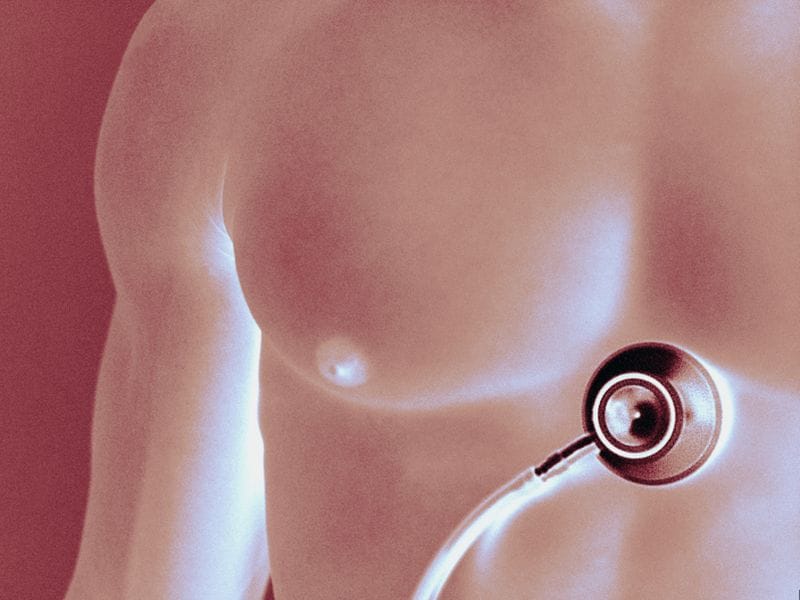Patients with congenital heart disease increasingly present as older adults, including the elderly
FRIDAY, Sept. 4, 2020 (HealthDay News) — In 2020 European Society of Cardiology guidelines, updated recommendations are presented for the care of adult patients with congenital heart disease (ACHD); the guidelines were published online Aug. 29 in the European Heart Journal to coincide with the European Society of Cardiology Congress 2020: The Digital Experience, held virtually from Aug. 29 to Sept. 1.
Helmut Baumgartner, M.D., from University Hospital Muenster in Germany, and colleagues updated guidelines for patients with ACHD, who present in increasing numbers at advanced ages, including the elderly.
The authors note that to meet the needs of ACHD patients, special structural and organizational health care requirements are necessary. For adequate assessment of overall anatomy and ventricular and valvular function and quantification of blood flow, including perfusion distribution, multimodality imaging is key. For determining the timing of interventions and reinterventions, objective exercise testing is an important tool. For assessment of hemodynamics, cardiac catheterization remains crucial. Prevention of heart failure remains the key treatment in ACHD patients by optimizing hemodynamics and heart rhythm; systematic follow-up in specialized centers is necessary for facilitating timely intervention. Evaluation for a reversible cause of arrhythmia and for new or residual hemodynamic abnormalities should be performed in all patients; maintenance of sinus rhythm is the aim in most ACHD patients.
“Having a congenital heart disease, with a need for long-term follow-up and treatment, can also have an impact on social life, limit employment options, and make it difficult to get insurance,” Baumgartner said in a statement. “Guiding and supporting patients in all of these processes is an inherent part of their care.”
Copyright © 2020 HealthDay. All rights reserved.








